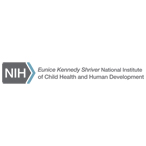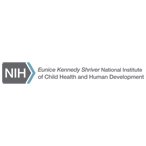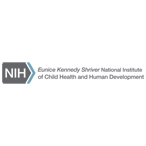Link between Child Care & Academic Achievement & Behavior Persists into Adolescence
Teens who were in high-quality child care settings as young children scored slightly higher on measures of academic and cognitive achievement and were slightly less likely to report acting-out behaviors than peers who were in lower-quality child care arrangements during their early years, according to the latest analysis of a long-running study funded by the National Institutes of Health.



 BACK TO TOP
BACK TO TOP